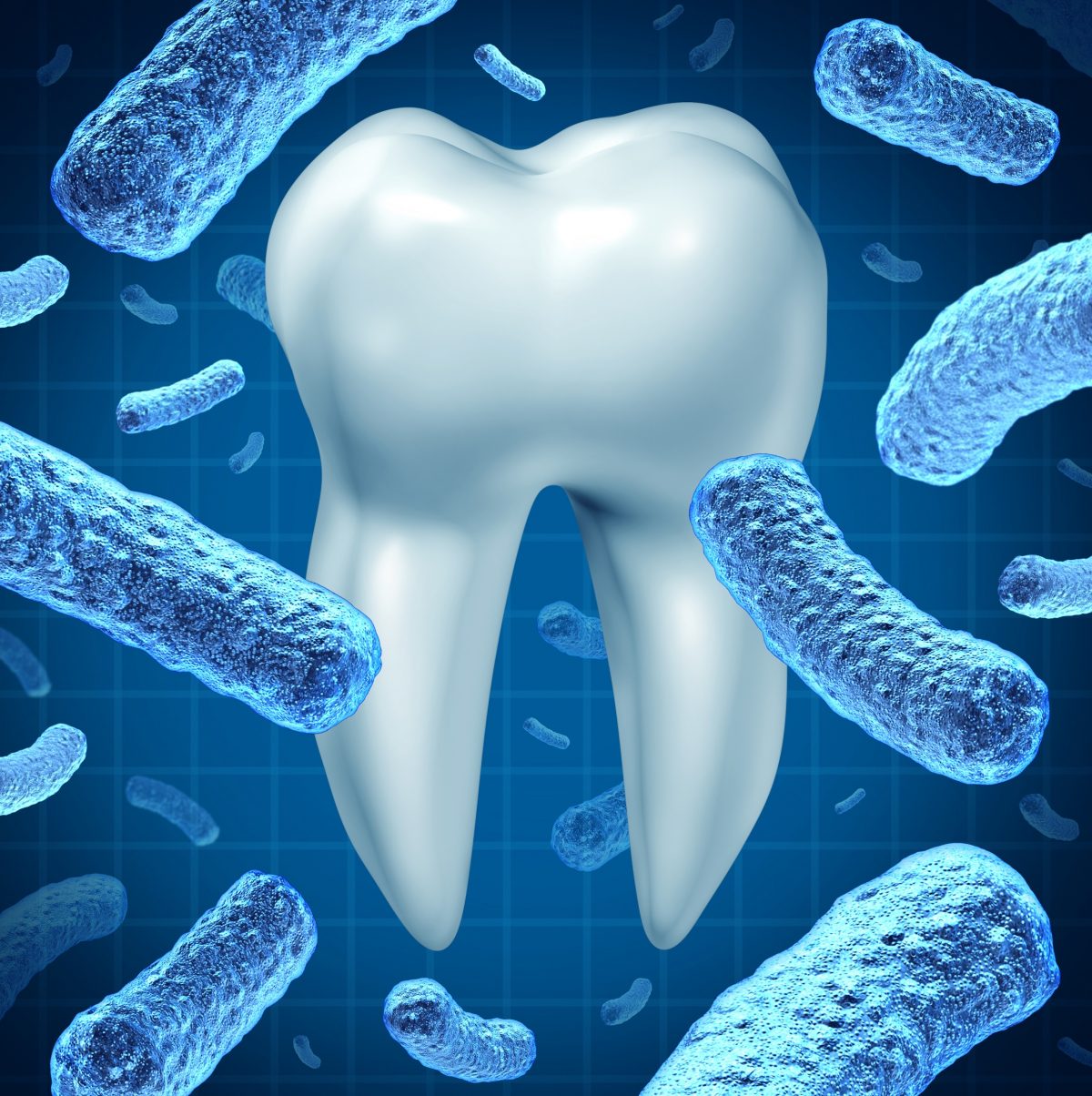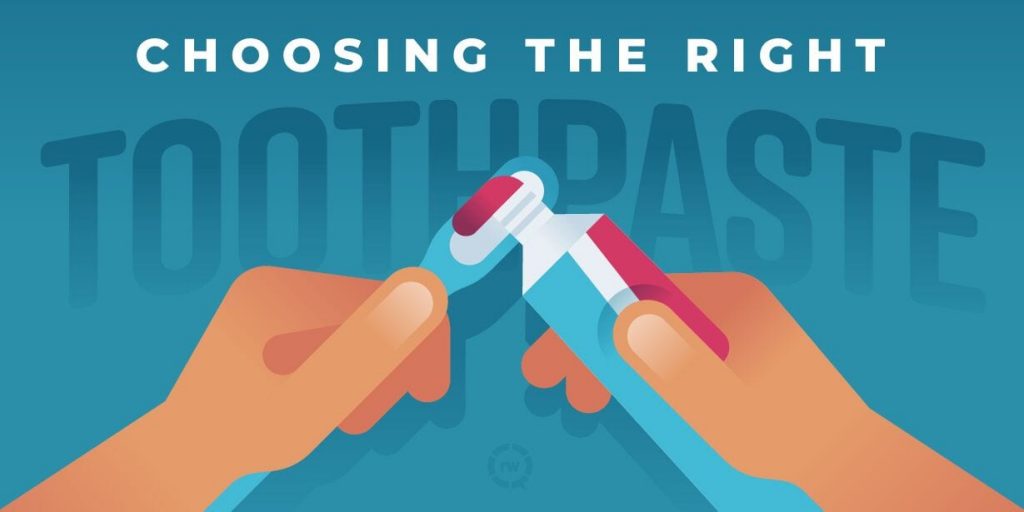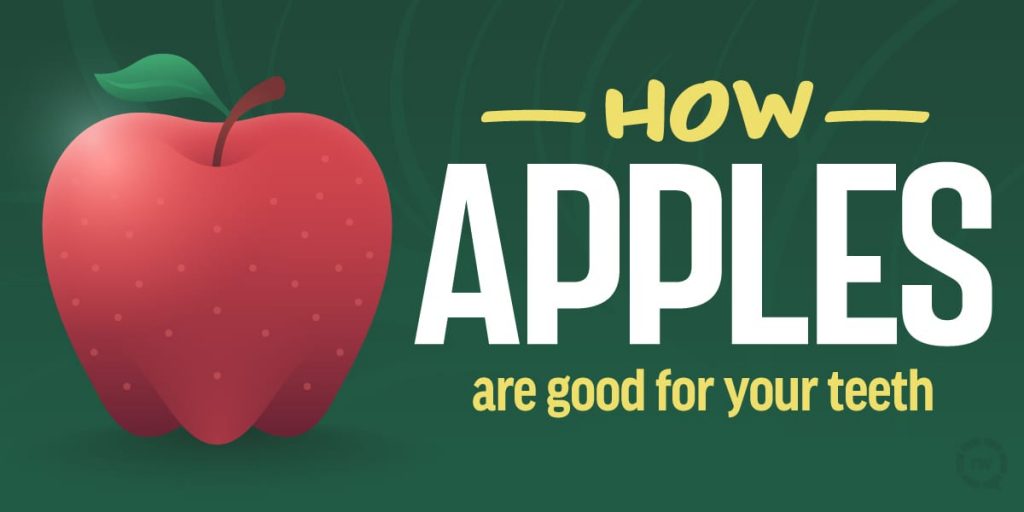There is a lot to be said about the use and consumption of fluoride; it has historically split public opinion Proponents of fluoride tout its ability to aid in the fight against cavities and tooth decay. Opponents say fluoride is a harmful neurotoxin that has been pumped into our community’s water without express permission by the people.
While trace amounts of fluoride have been added to public water for decades, it has yet to cause widespread neurological issues. According to smiledentalcenterct.com, “research has shown that by adding fluoride to public water supplies, tooth decay-related conditions decline by 25 percent among adults and children.” The addition of fluoride is meant to be a public health benefit, rather than a source of controversy.
As with anything, there is such thing as too much fluoride; two dental visits a year and drinking community water, however, isn’t likely to cause harm. Too much fluoride can cause dental fluorosis that changes the color of tooth enamel and is likely to impact children ages eight and younger as their teeth grow in. As a result, it is not recommended to give children fluoride toothpaste- especially as they develop the motor skills to properly brush and not swallow the paste.
A dentist may dissuade a patient from using fluoride toothpaste if they experience an allergic reaction, or if the individual feels strongly about the amount of fluoride in their daily lives. Fluoride-free formulas offer the same cleaning power and are recommended over not using toothpaste; the difference is that on average, fluoride formulas reduce the number of cavities and occurrence of tooth decay one may experience over their lifetime.
In general, trace amounts of fluoride in drinking water work to improve the oral health of our communities and the use of fluoride toothpaste is safe for adults. The decision to use fluoride toothpaste lies with the individual, but he or she may need to take extra steps such as mouthwash and flossing to ensure they receive the cavity-fighting benefits normally provided by fluoride formulas.
If you would like to find out more about proper brushing habits, contact Dr. Ahmadi at 323-312-0500 to schedule a consultation or visit www.dentalandimplantcare.com for additional information.
Dr. Mike Ahmadi proudly serves Bell and all surrounding areas.



